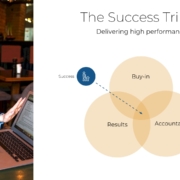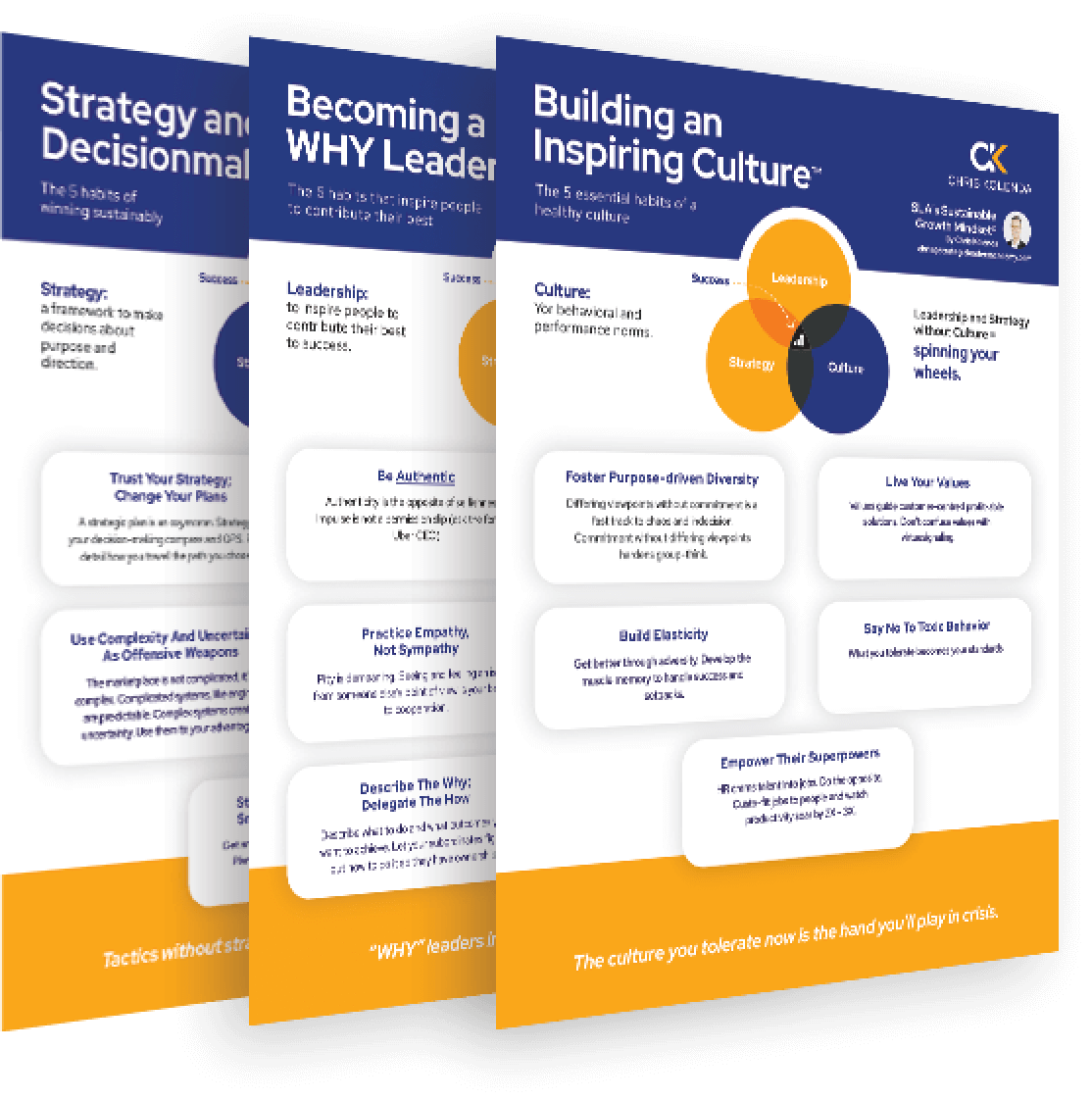The #1 myth about Accountability
You can tell whether you have accountability by the number of skill breakdowns that occur.
Inadequate accountability leads to high error rates because people do not know what right looks like. Even after corrective action, they find new ways to achieve skill breakdowns.
The reason why is pretty simple: there are infinite ways to screw up something and only a few ways to perform it correctly.
Jim was a yeller. He would fly off the handle whenever something did not meet his standards. “I’m holding them accountable,” he told me.
How’s that working for you?
“I’m tired. I’m frustrated. I’ve seen the employees do it right before, so I know they can do it. They choose not to, and I cannot figure out why.”
When do you hold people accountable?
“When they screw up.”
There’s the problem. That’s lazy accountability.
“What do you mean?”
Any amateur can tell when a skill breakdown occurs. That’s easy. What’s difficult is to notice the little things that point to success or failure.
The #1 myth about accountability is that it is punishment or corrective action.
Eighty percent of accountability should be a celebration of what’s going right.
When you were teaching a kid to ride a bike, did you yell at her when she fell over, “What’s the matter with you?”
Or did you encourage successful behavior? “Keep pedaling, focus your eyes on where you want to go…”
Accountability is the art of bringing about the desired behavior. You need to let people know what right looks like and encourage the habits that lead to success.
You also need to notice the little indicators of things going astray and address them before the skill breakdown occurs. An early nudge in the right direction is far easier and less costly than cleaning up a problem.
The pros in any endeavor know the little things that lead to success or failure and focus on shaping desired behaviors.
Accountability is what you use to build greater load-bearing capacity. If you don’t build an accountable workplace, you’ll experience repeated breakdowns and feel trapped in a game of whack-a-mole.
The good news is that fostering accountability is a learnable leadership skill.
Click HERE to schedule a call with Chris
Better accountability increases performance and reduces corrective action so that you have the time and energy to innovate and grow.
The three C’s of Accountability
1. Clarity. Your expectations must be so clear that an 8-year-old could say them to you perfectly. People need to know the why behind the expectations. All you need to do is add “so that we achieve x. y, z outcomes.”
Checklists are terrific ways to make expectations clear. If they’re good enough for astronauts to use, then they’re probably intelligent steps for me and you.
2. Consequences. Recognize when people are doing the little things right and be specific. “I like how you took the initiative to pull the irate customer away from Jim.”
Apply the right nudge when you see indicators that the person has not yet mastered the proper habits, “Here’s a different way to defuse tension. [Practice] How does that feel to you?”
Step in when you notice someone is distracted, “You seem pre-occupied today. Am I wrong about that?” If necessary, give them the time to deal with whatever’s on their mind so they can rejoin the workday free of distractions.
3. Consistency. Standards are arbitrary if you only address them on certain days of the week or with some people and not others. If the rules do not apply to you, they should not apply to any other employee.
Model the behaviors you expect from everyone on your team. When you don’t do that, people see you as a hypocrite.
At the same time, people expect you to account for extenuating circumstances with sound judgment.
Without clarity, people are groping in the dark. The lack of consequences indicates a lack of seriousness. Inconsistency means the expectations are random.
Are you ready to improve accountability so that you soar to new heights?










